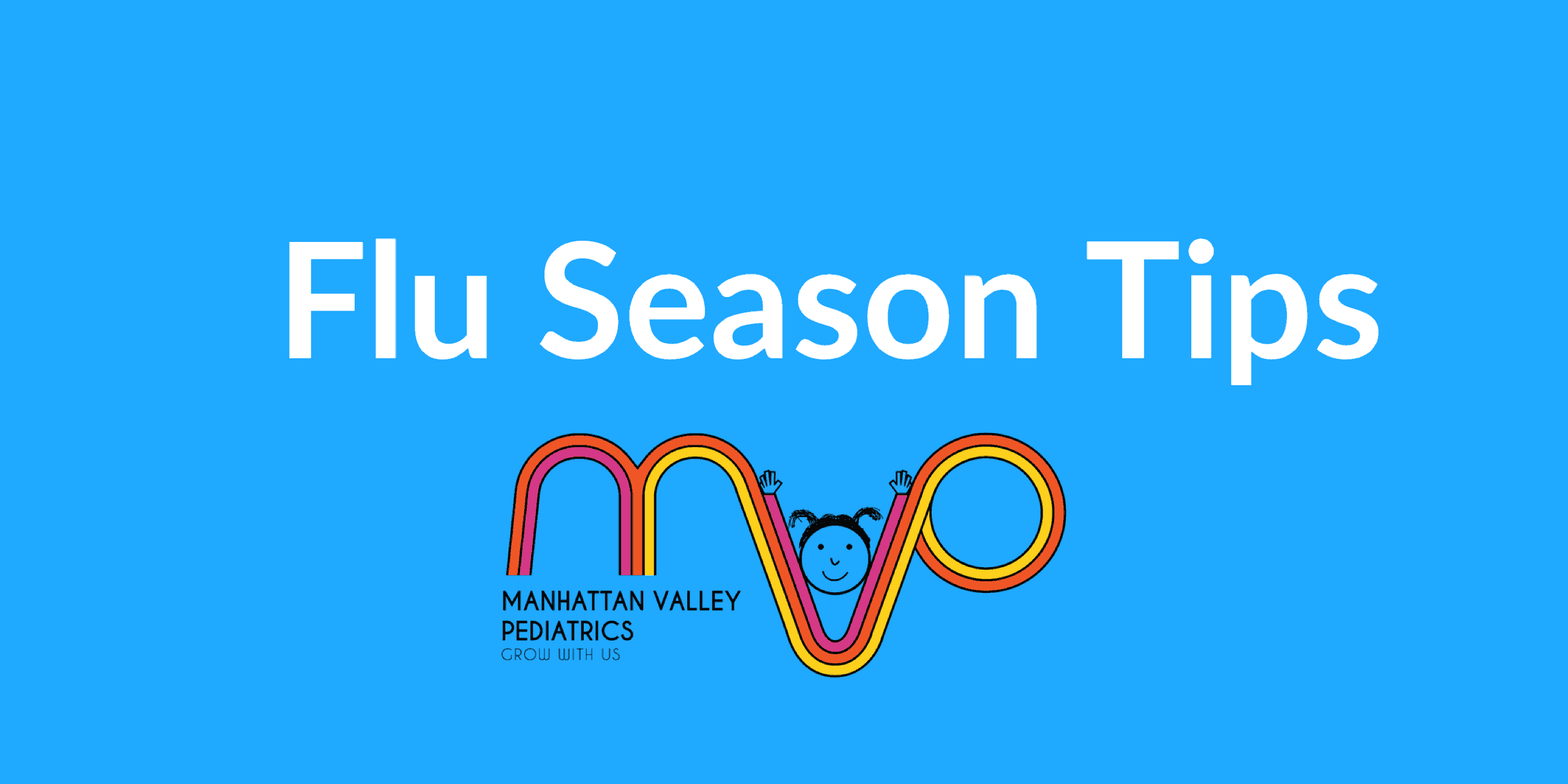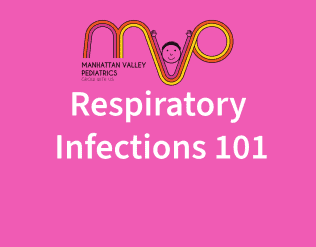Navigating Flu Season: A Parent’s Guide to Protecting Children
As flu season rolls in, parents face the annual challenge of protecting their children from this common yet potentially severe illness. Understanding the importance of flu vaccinations, recognizing symptoms in children, and adopting effective prevention strategies are vital to navigating this season safely.
Flu Season Overview
Influenza, commonly known as the flu, is more than just a bad cold. It’s a highly contagious respiratory illness that can be severe, especially in children. This article offers a comprehensive guide to flu season preparedness.
The Importance of Flu Vaccinations
Why Vaccinate?
- Reduced Risk of Illness: Flu vaccinations significantly reduce the risk of contracting the virus. It’s particularly important for children who can easily spread the virus.
- Herd Immunity: When more people get vaccinated, the community’s overall risk decreases, protecting those who cannot get the vaccine, such as infants or those with specific allergies.
Understanding Vaccine Myths
- Safety and Efficacy: Despite myths, flu vaccines are safe and an effective way to prevent illness. They do not cause the flu.
Recognizing Flu Symptoms in Children
Identifying Symptoms Early
- Common Symptoms: Look for signs such as high fever, cough, sore throat, runny or stuffy nose, body aches, fatigue, and sometimes vomiting and diarrhea.
- Severity of Symptoms: Children often experience more intense symptoms compared to adults. Prompt recognition and medical consultation can prevent complications.
Prevention Strategies at Home and School
Hygiene Practices
- Hand Washing: Teach children the importance of regular hand washing with soap and water, especially before eating and after coughing or sneezing.
- Covering Coughs and Sneezes: Encourage covering their mouth and nose with a tissue or elbow when coughing or sneezing.
Healthy Lifestyle
- Nutrition and Rest: Ensure a balanced diet and adequate rest. A healthy immune system is vital in fighting off infections.
- Physical Activity: Regular physical activity strengthens the immune system.
Environmental Measures
- Disinfect Surfaces: Regularly clean and disinfect surfaces that are frequently touched, like doorknobs and toys.
- Adequate Ventilation: Ensure good air circulation in your home and child’s learning environment.
School Policies
- Stay Informed: Understand your child’s school policies regarding illness and flu prevention.
- Vaccination Programs: Some schools offer flu vaccination programs. Participate if available.
Managing Flu in Children
When to See a Doctor
- Medical Attention: Consult a healthcare provider if your child exhibits severe symptoms, such as difficulty breathing, bluish lips, chest pain, severe lethargy, or dehydration.
- Treatment Options: Antiviral medications may be prescribed, which are most effective when started early.
Communication and Education
- Discuss Flu Prevention: Educate children about the importance of good hygiene and staying healthy during flu season.
- Stay Home When Sick: Keep children home when ill to prevent the spread of the virus.
Flu season requires vigilance and proactive measures to protect our children. Understanding the importance of flu vaccinations, recognizing symptoms early, and employing effective prevention strategies can significantly reduce the risk of our children contracting or spreading the flu.
Do your kiddos still need this season’s flu shot? Call or email the office to come in today.




